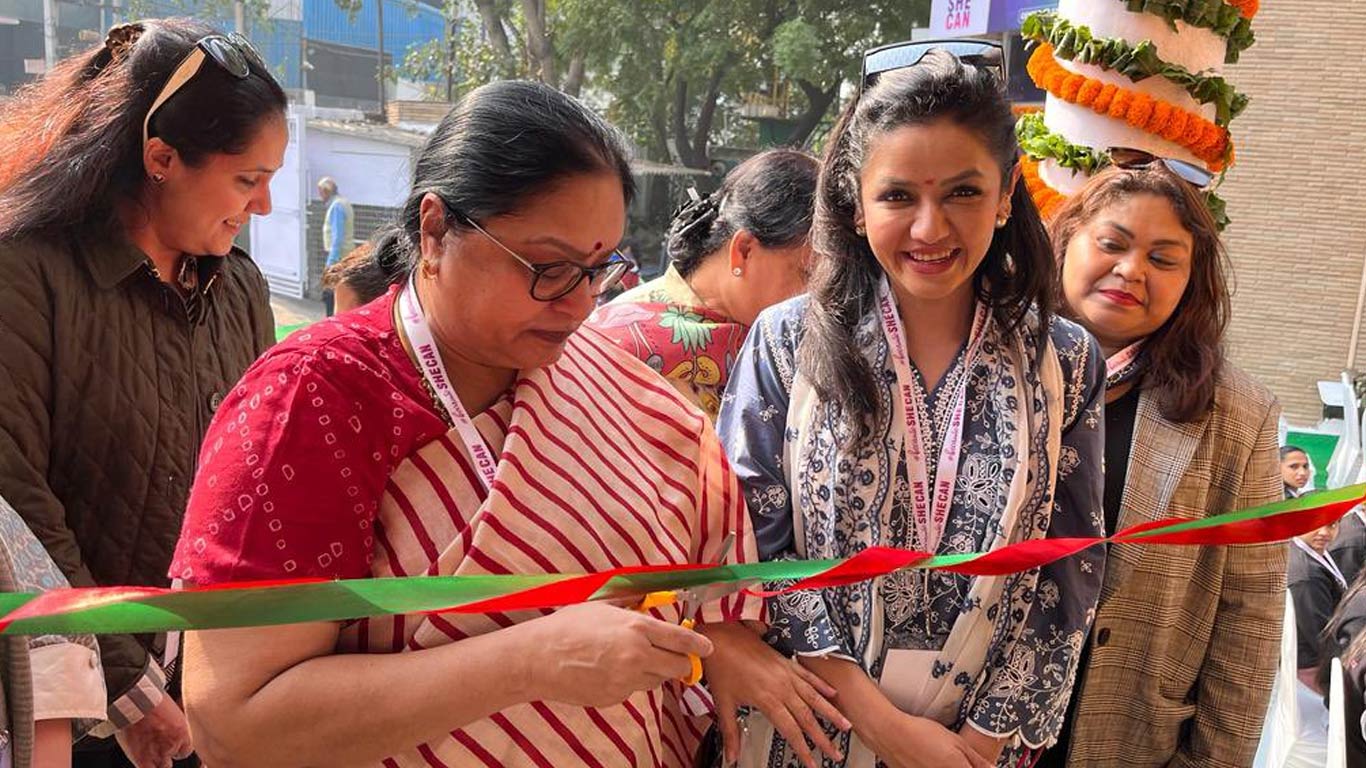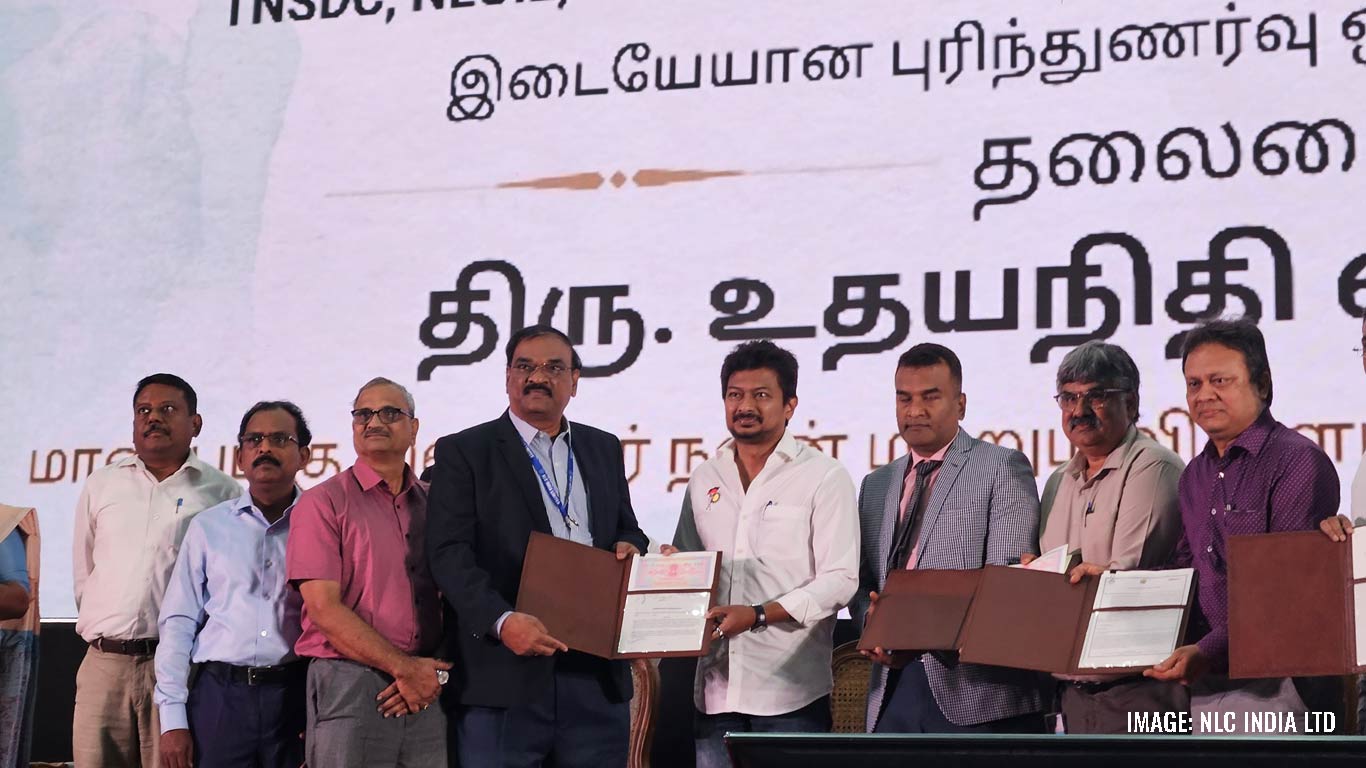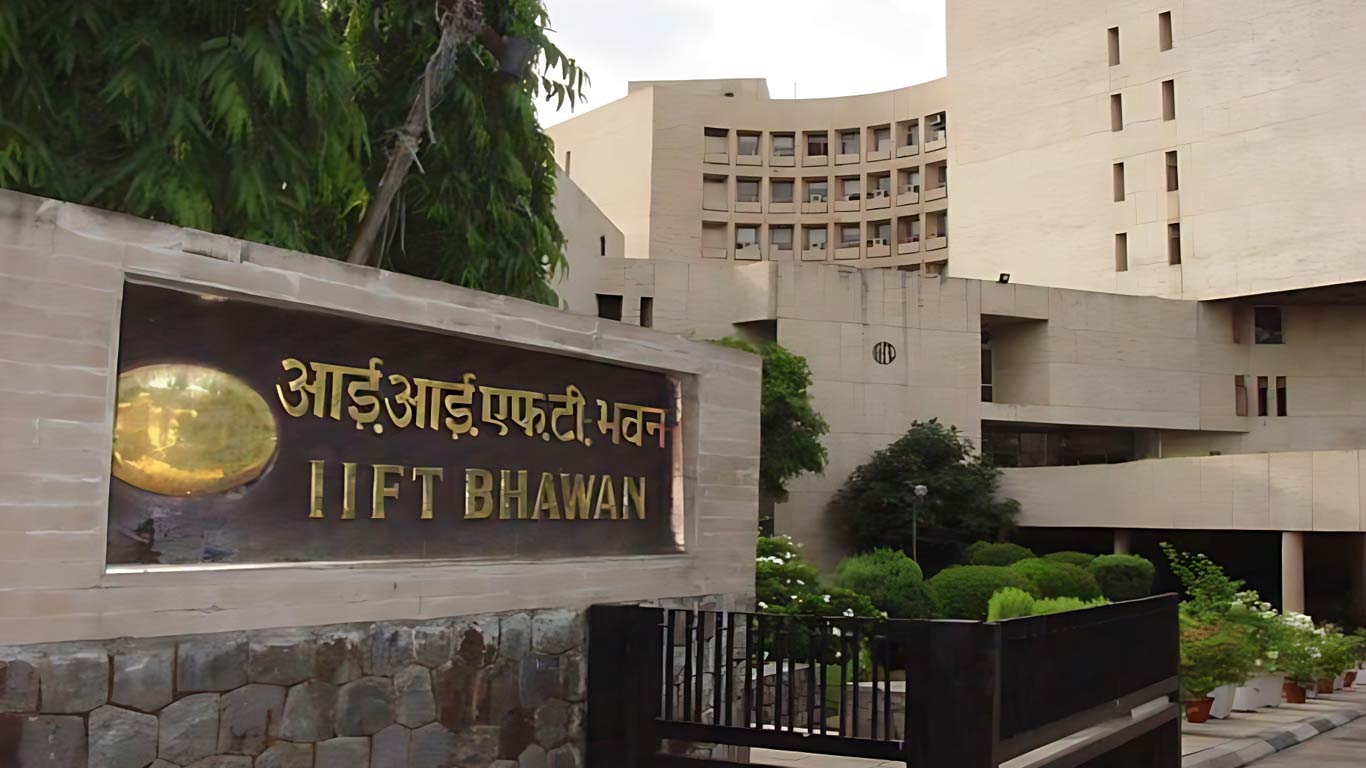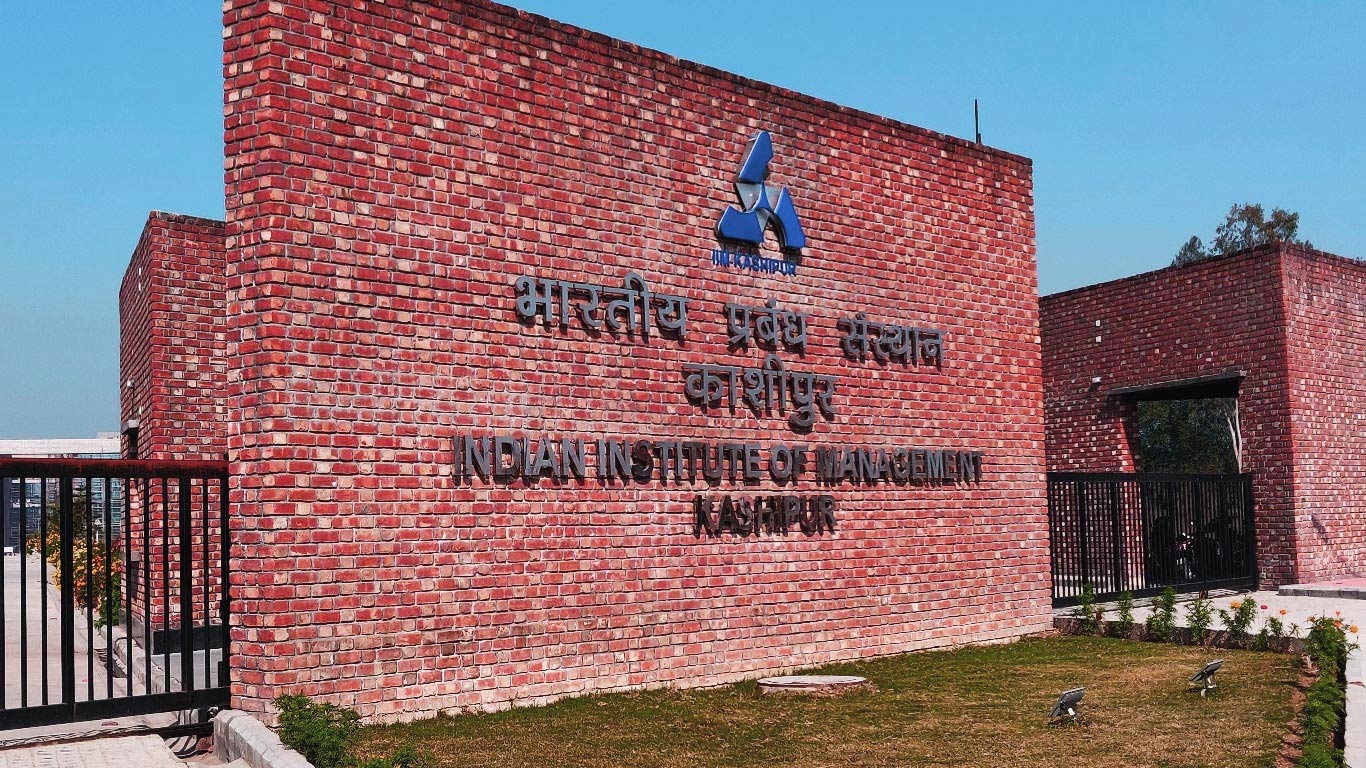Draft National Capital Goods Policy of India (Full document)
Updated: Oct 26, 2015 04:22:35pm

“The growth and development of capital goods is critical for India to achieve the vision of "Make in India" by increasing share of manufacturing to 25 per cent of Gross Value Added. This in turn will help generate additional jobs, improve India's trade balance and increase domestic self-reliance. The National Policy on Capital Goods is envisaged to unlock the potential of this promising sector and establish India as a global manufacturing powerhouse,” the Preamble of the draft policy said.
The policy when implemented is expected to double output of locally produced goods to Rs 5 lakh crore by 2025 and also generate 3.5 million fresh jobs.
The Capital Goods industry is one of the key contributors to value added manufacturing and is significant for overall economic development of India. The Prime Minister’s Group constituted under the Chairman of the National Manufacturing Competitiveness Council (NMCC) identified Capital Goods as one of the strategic sectors for strengthening national capabilities in the long - term.
Capital goods consist of plant machinery, equipment and accessories required, either directly or indirectly, for manufacture or production of goods or for rendering services, including those required for replacement, modernization, technological upgradation and expansion of manufacturing facilities.
Capital goods sector is a key contributor to manufacturing; currently contributing ~12 per cent which translates to ~2 per cent of GDP. Importantly, the sector has a significant multiplier effect on overall economic growth as it provides the foundational building blocks for a large number of user industries by providing critical inputs, that is, machinery and equipment, necessary for manufacturing. Further, the development of domestic capabilities in capital goods sector is essential to ensure national self reliance, as the sector directly or indirectly influences core infrastructure development within India. Moreover, a globally competitive and dynamic capital goods sector will induce the same characteristics into Indian manufacturing.
Capital Goods sector is also a major employment driver, with ~15,00,000 people employed across various sub-sectors. It also indirectly creates employment for a large number of people in a variety of user industries. A strong capital goods sector has the potential to generate significant employment opportunities across a variety of sub-sectors and user industries.
The sector can also play an important role in improving India's trade balance. India currently has an overall trade deficit of USD 138 Bn (2014-15)² and has large negative trade balance with countries including China, Saudi Arabia, Switzerland, Iraq and Iran. The Capital Goods sector imports are substantial at ~USD 20 Bn. An increase in high value capital goods exports and reduction of imports can play a pivotal role in improving India's trade balance with such countries and reducing the country's current account deficit.
(KNN Bureau)
Read full draft policy: http://dhi.nic.in/writereaddata/UploadFile/National_policy_on_Capital_Goods_v14635808448227425616.pdf











